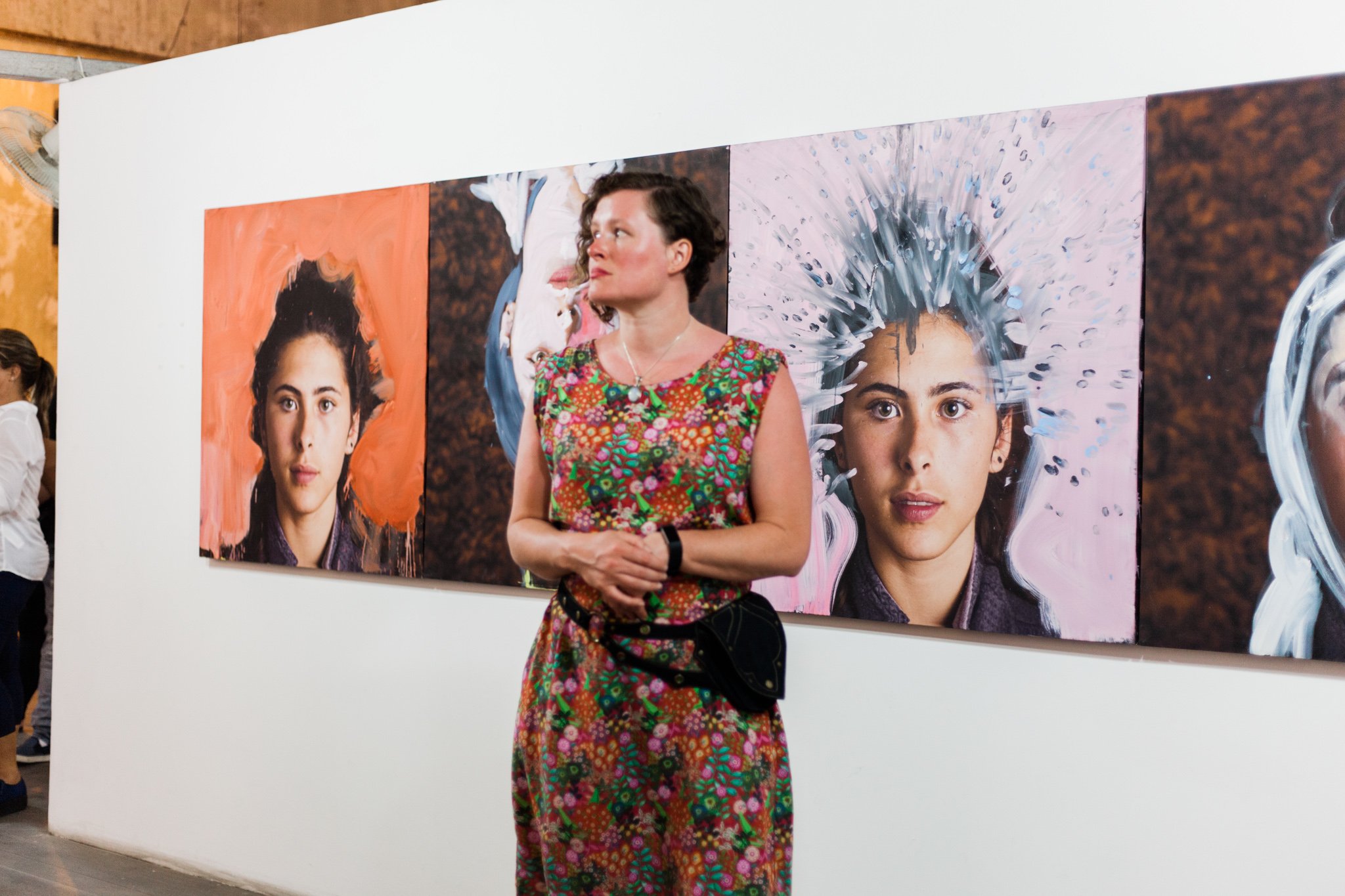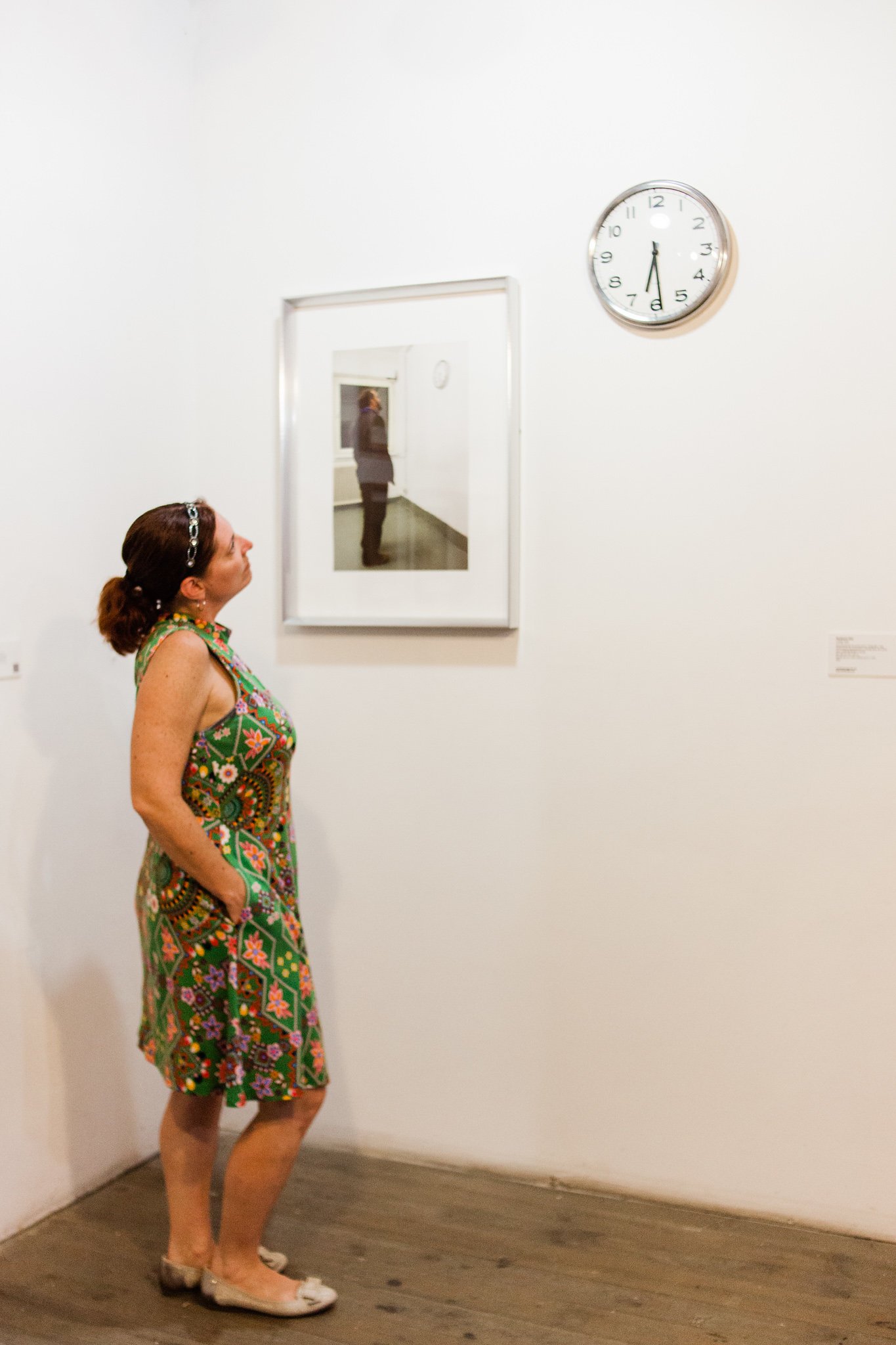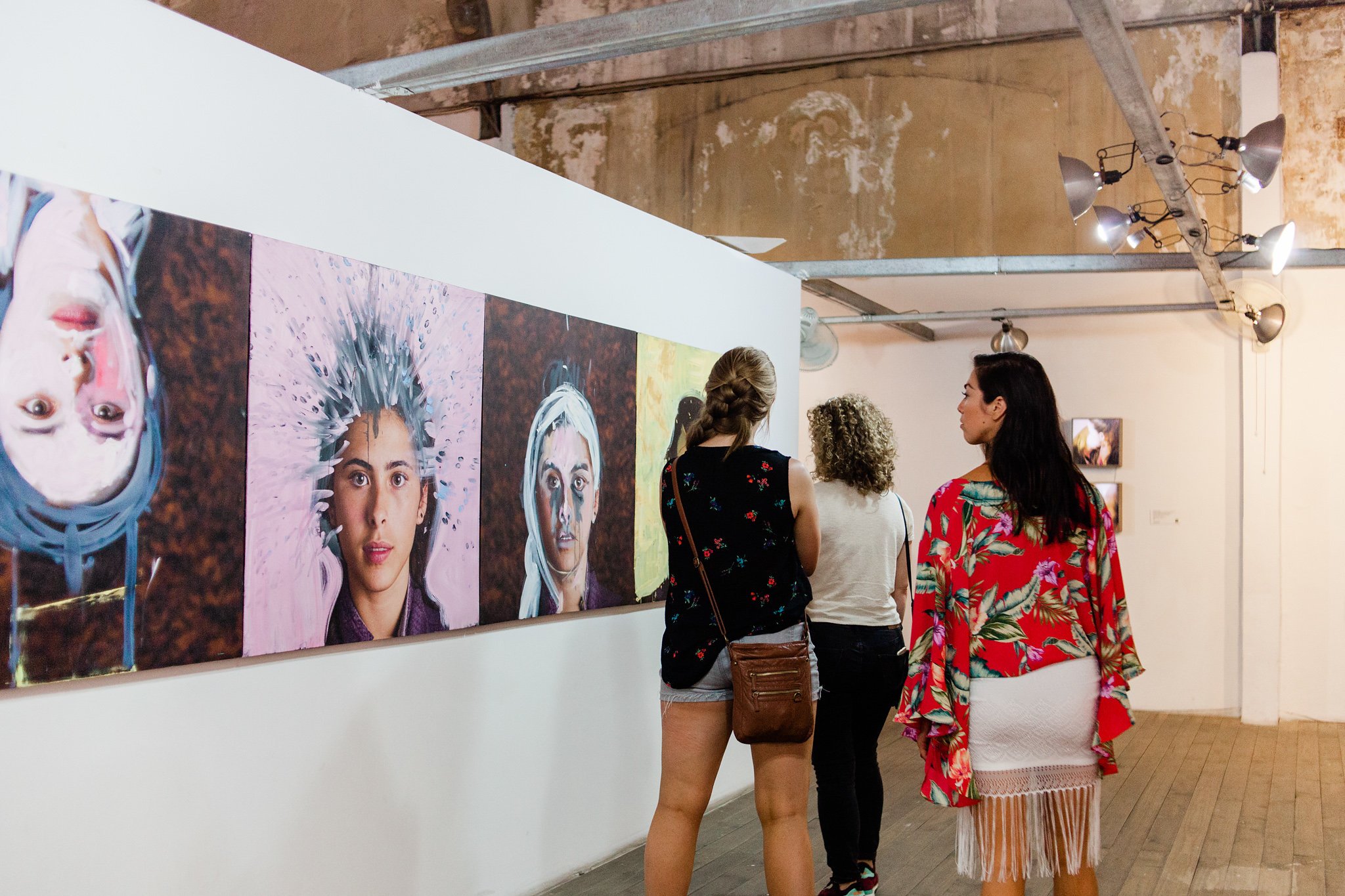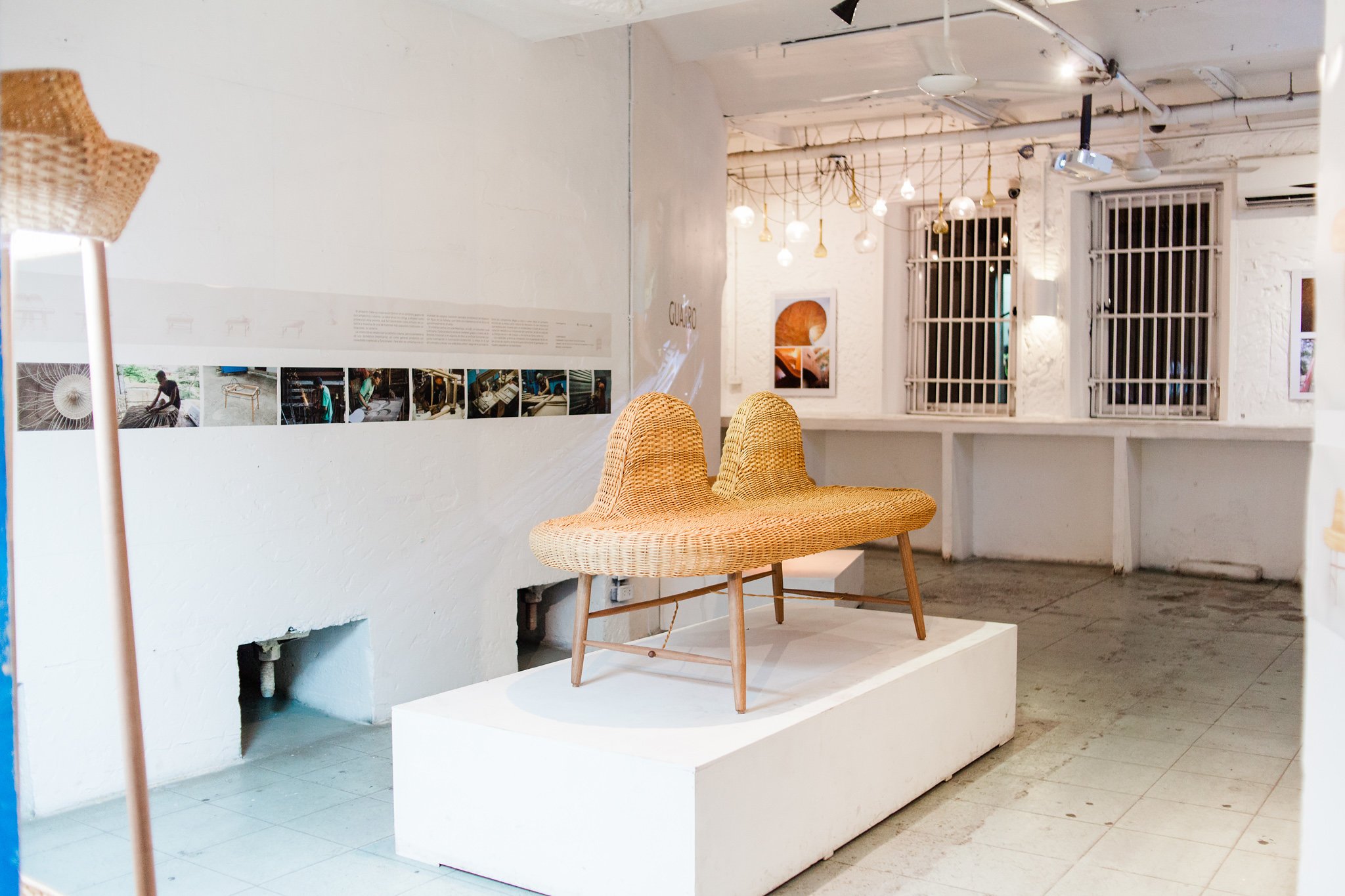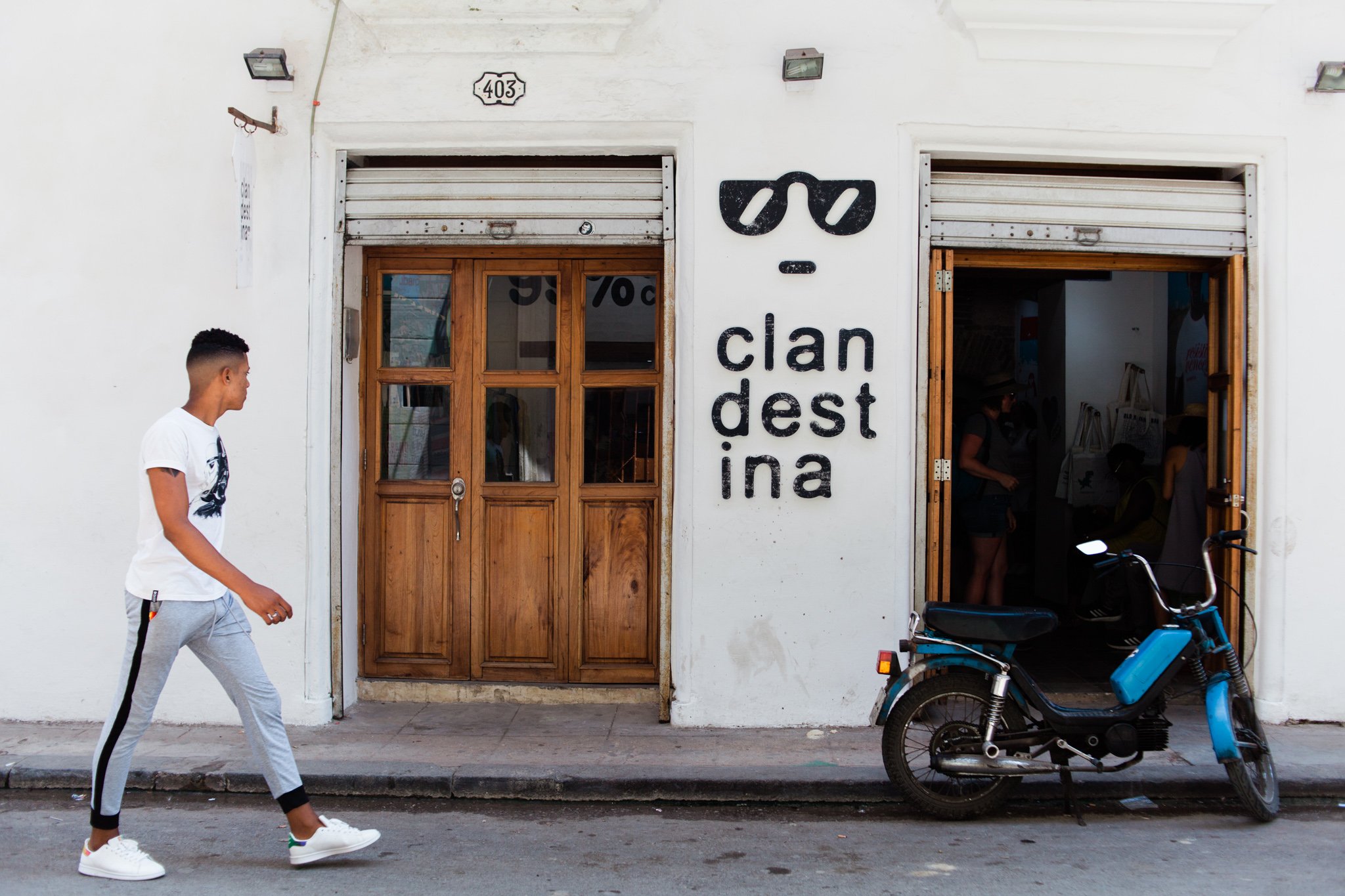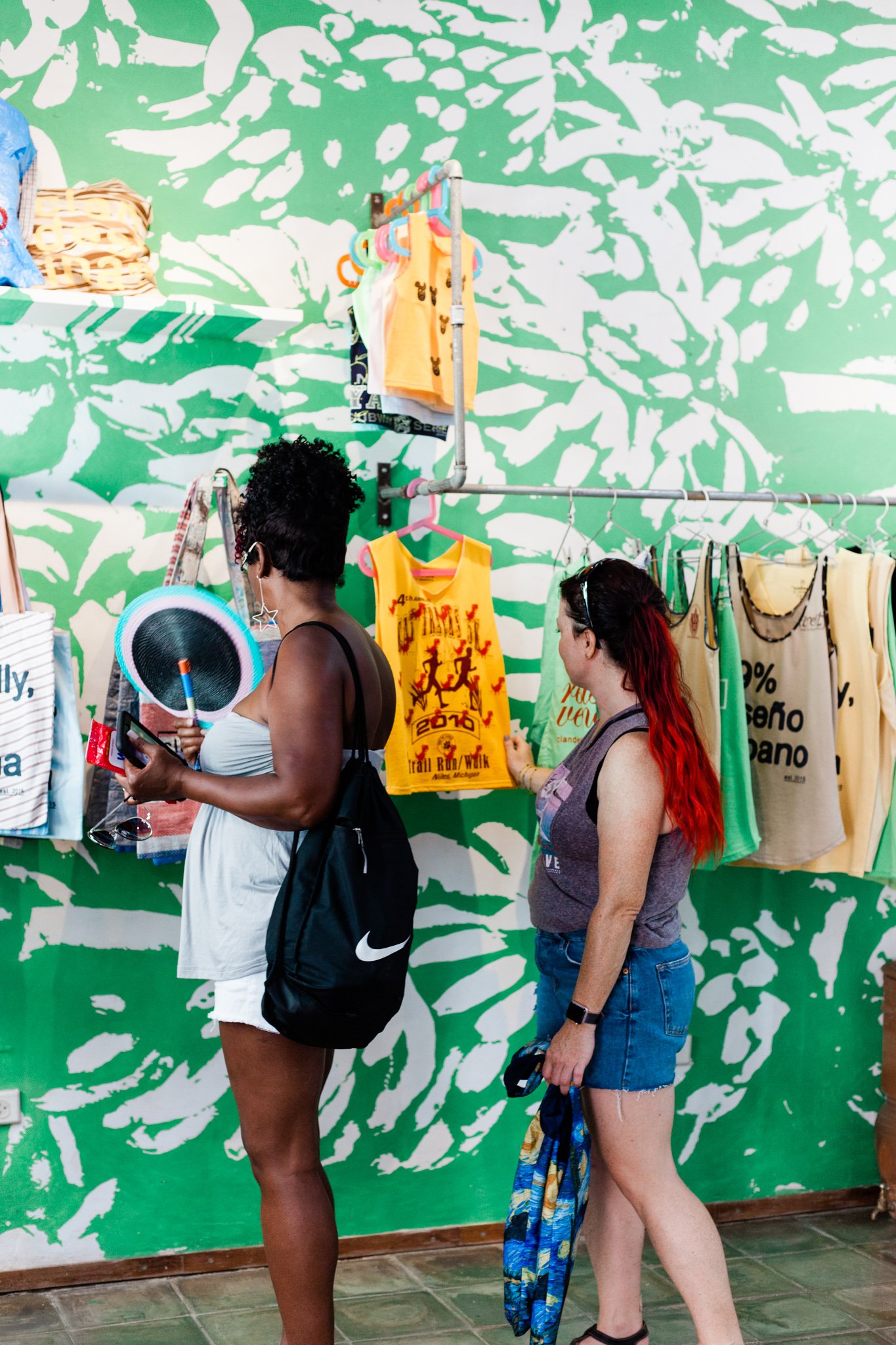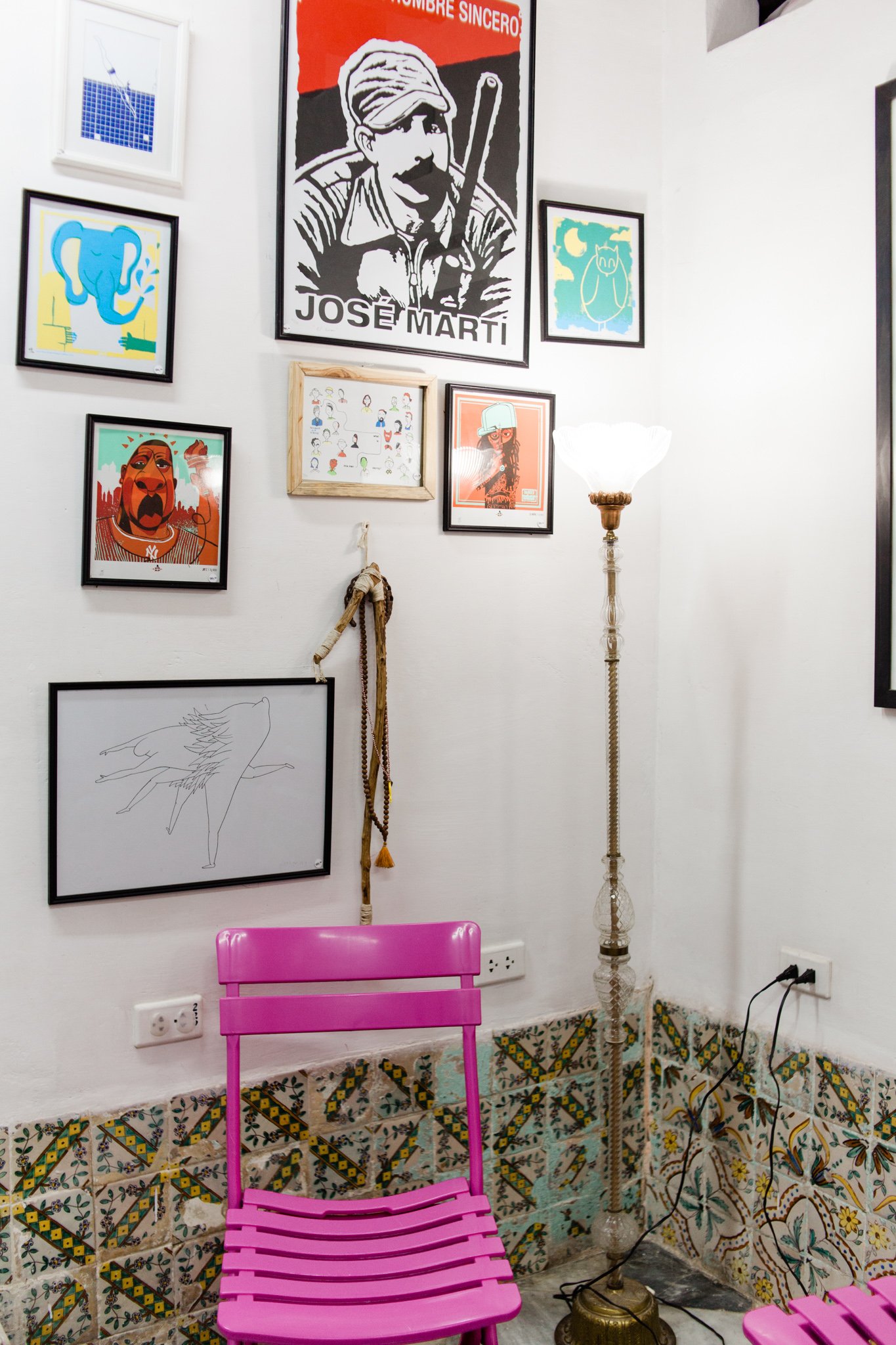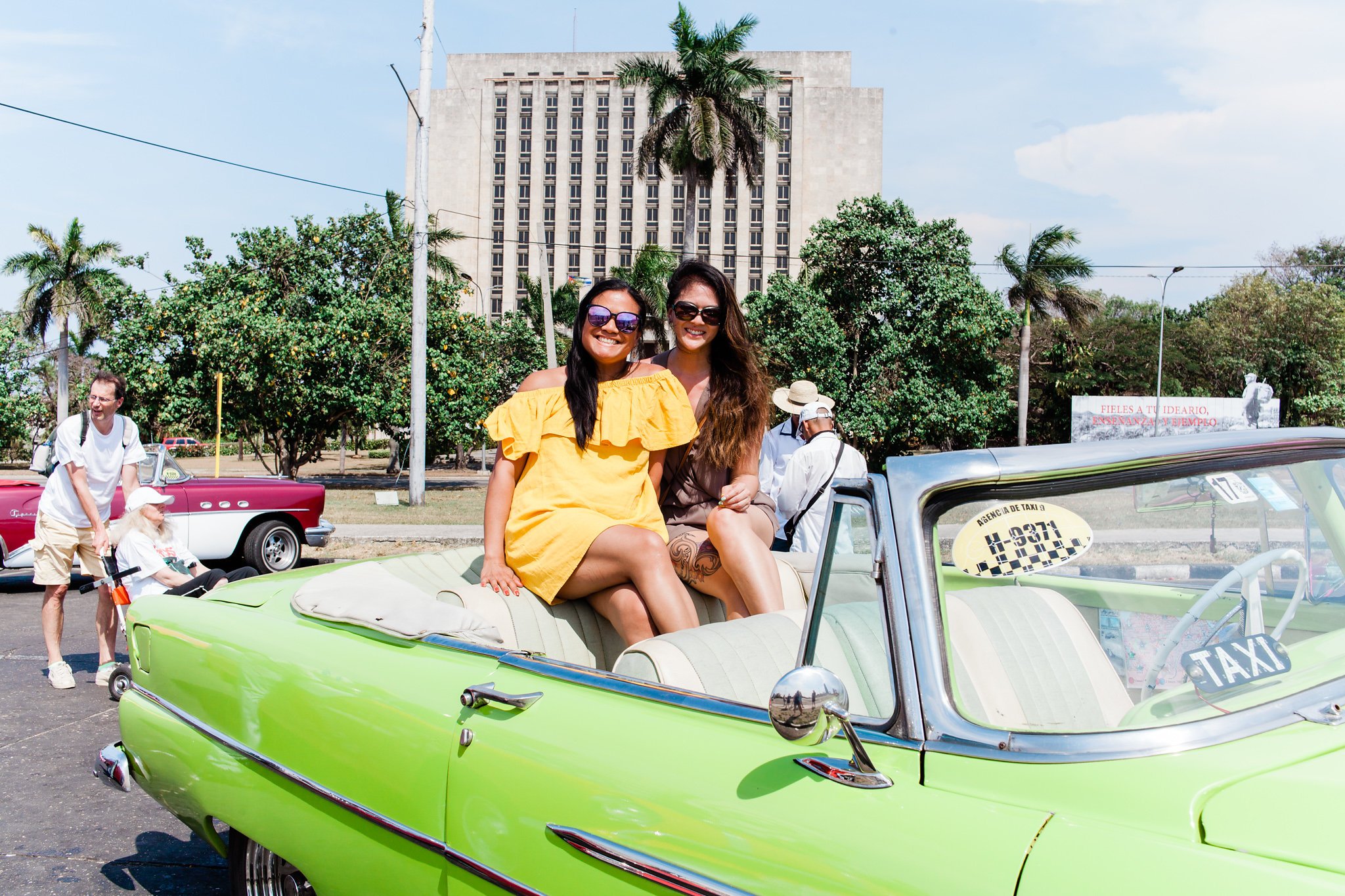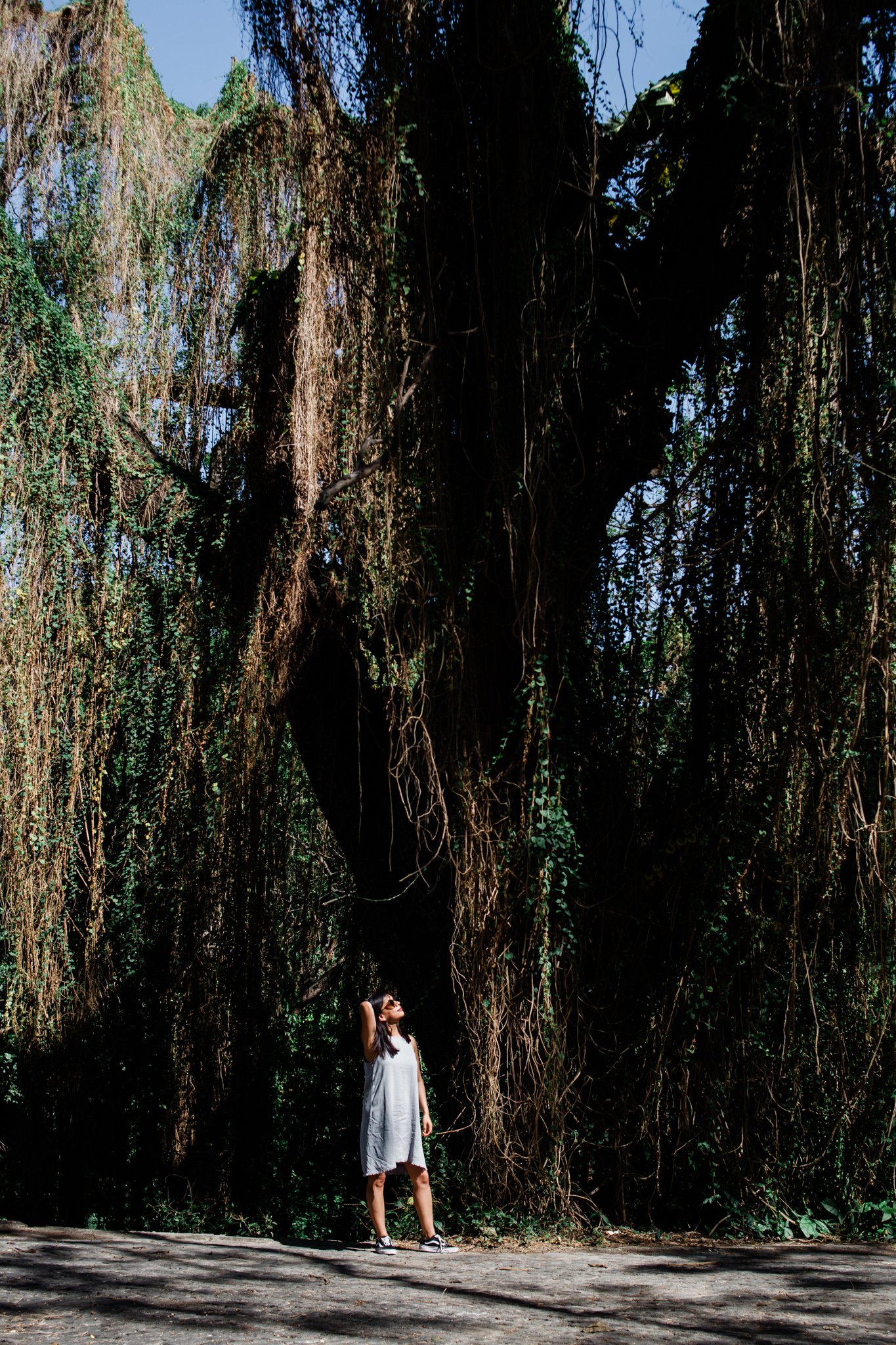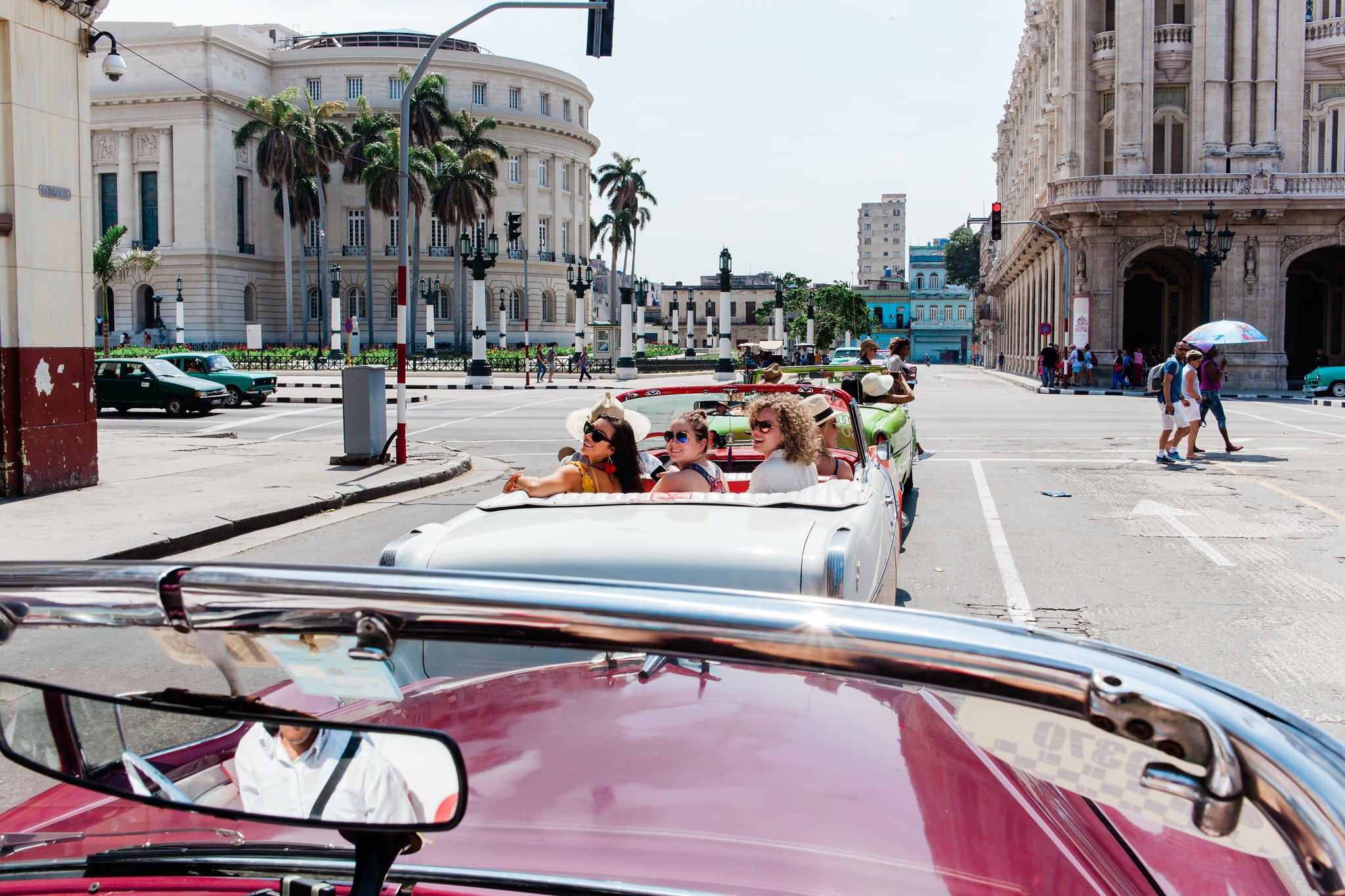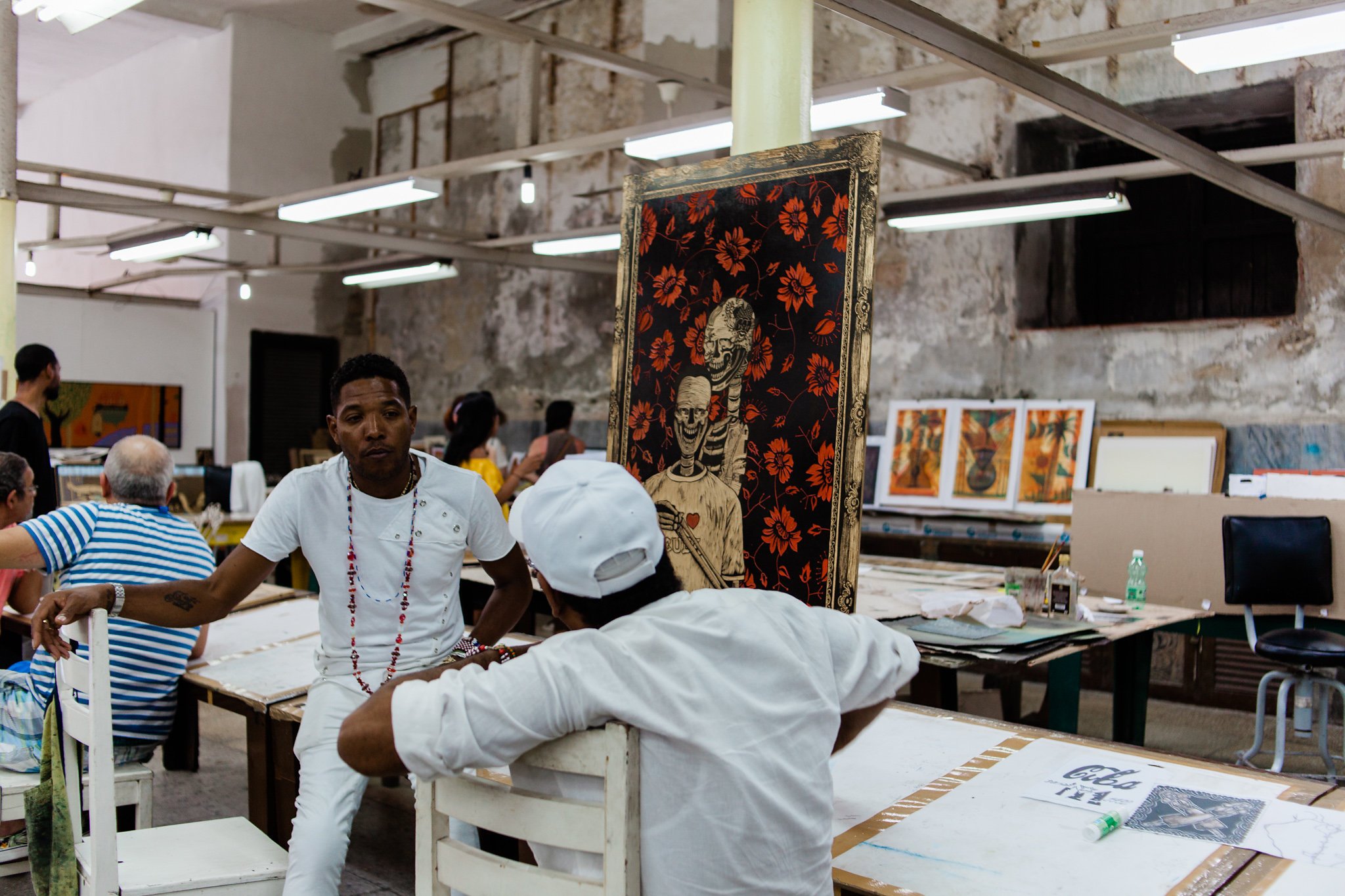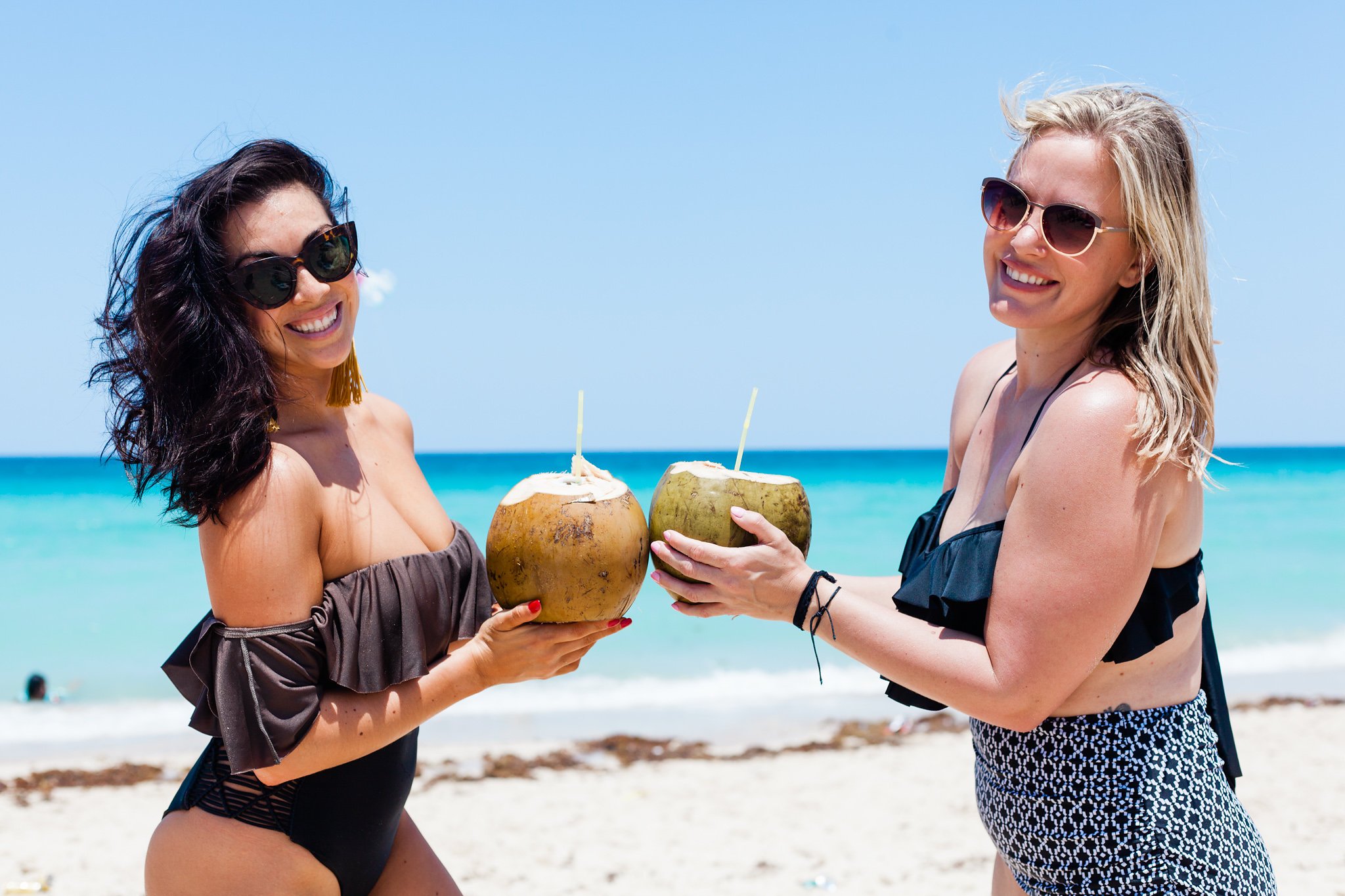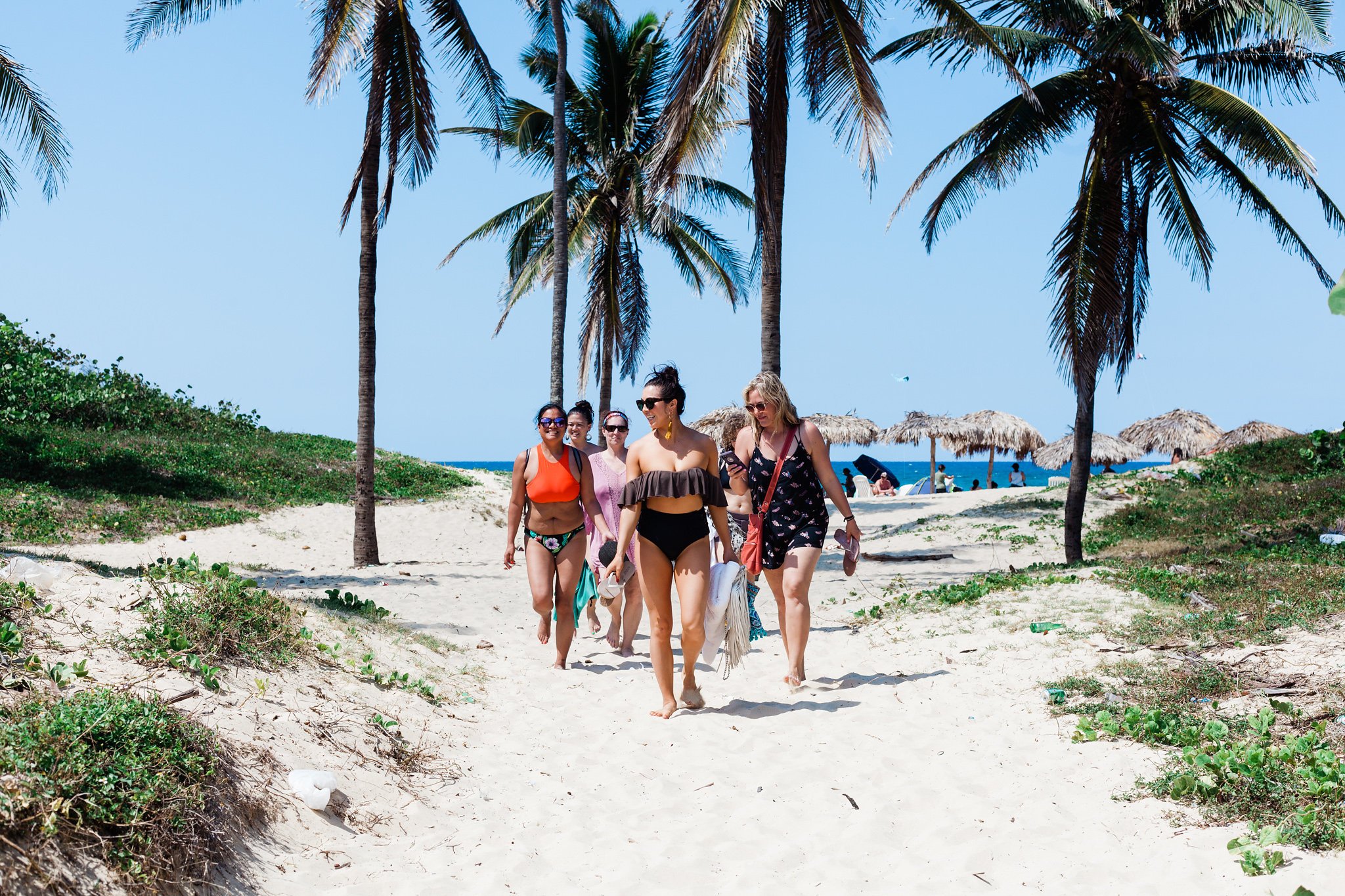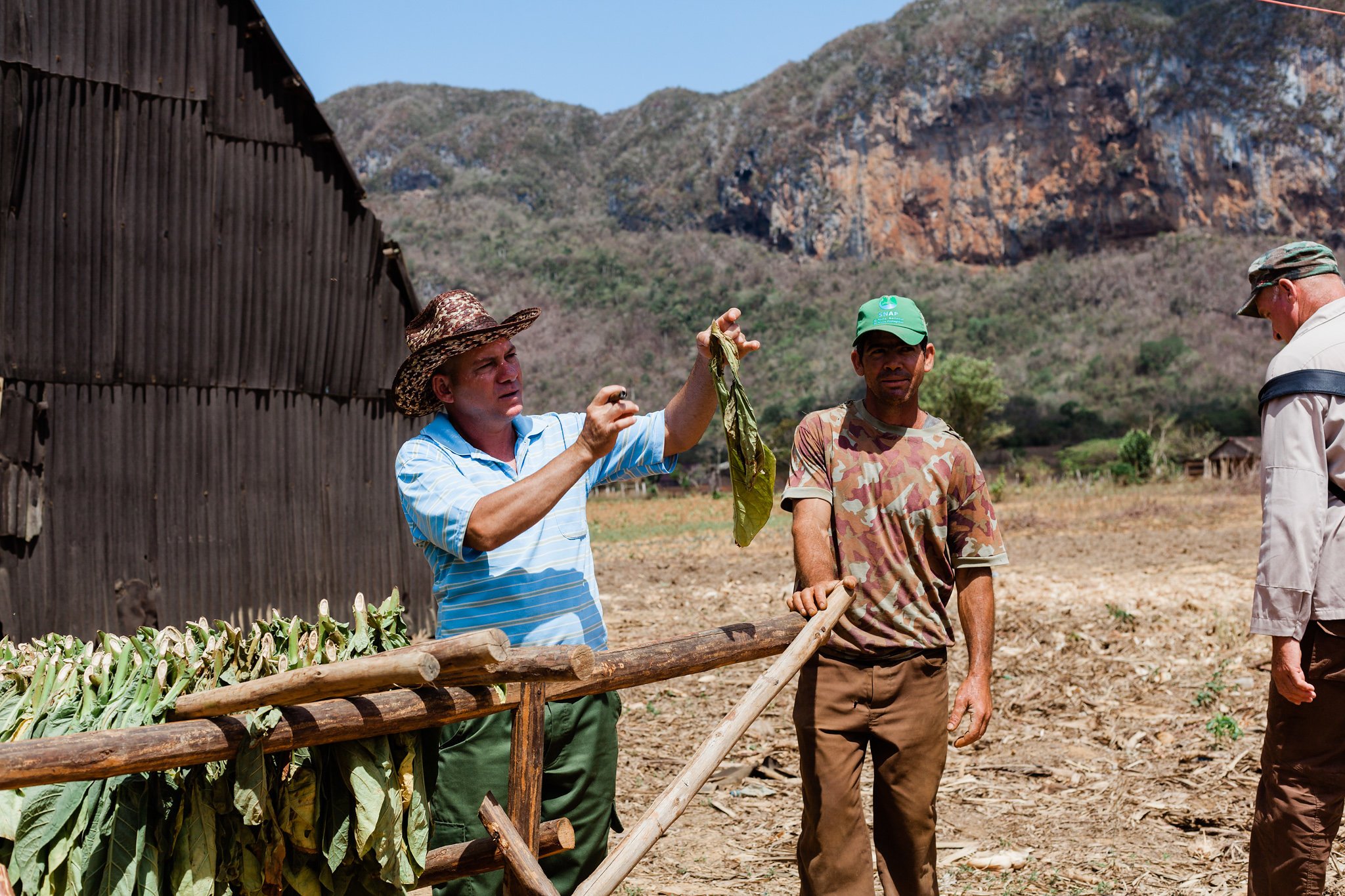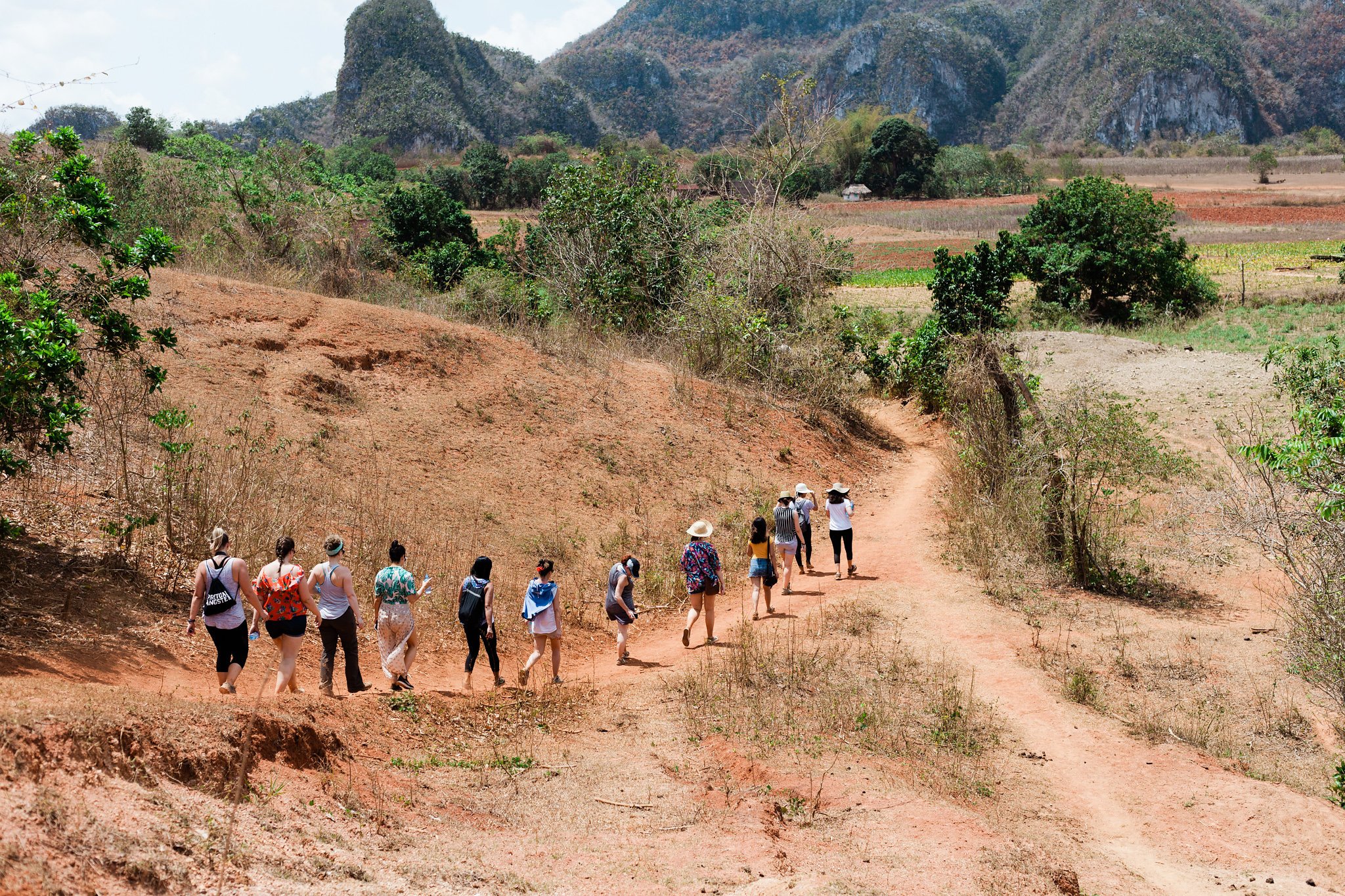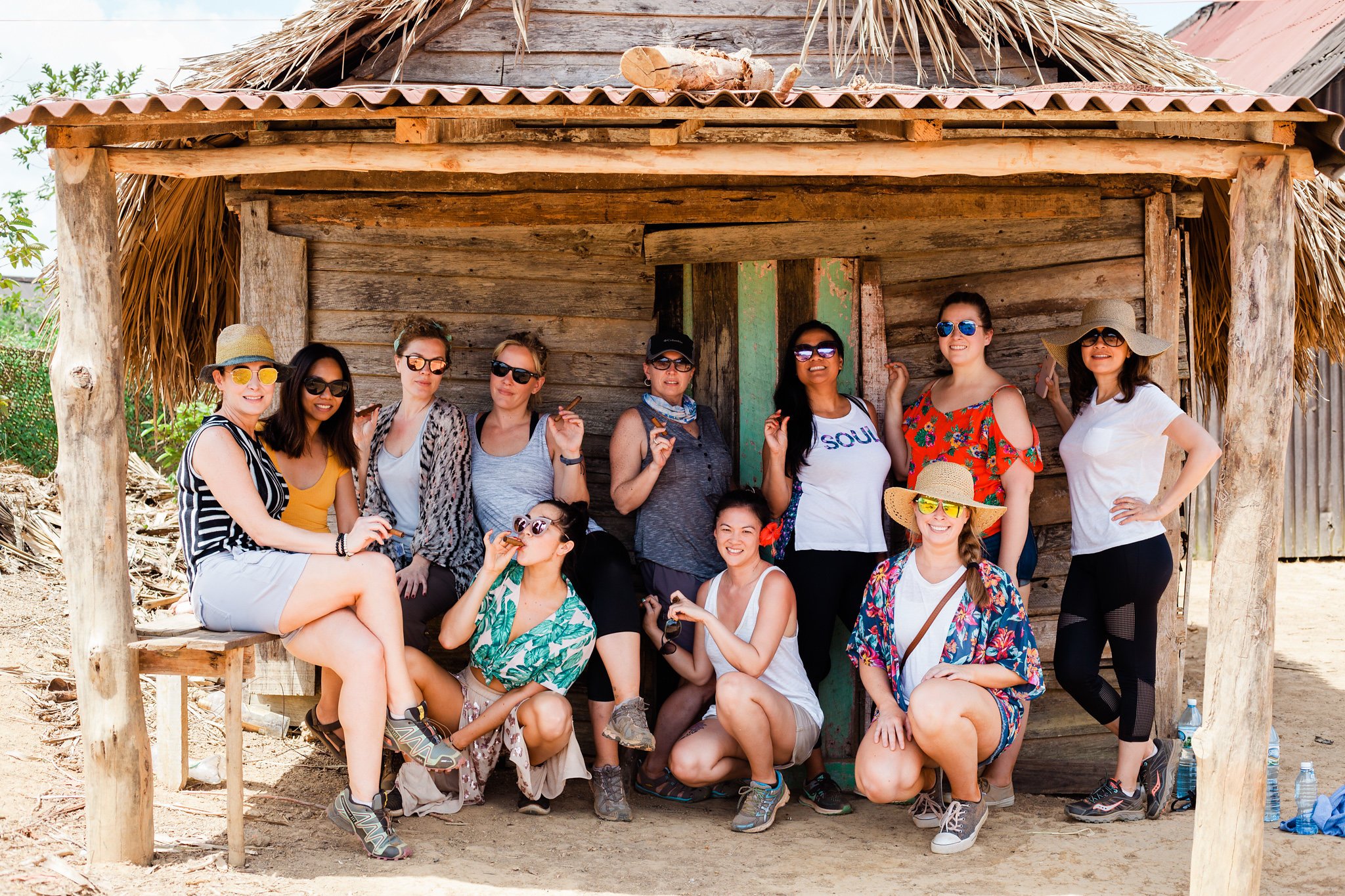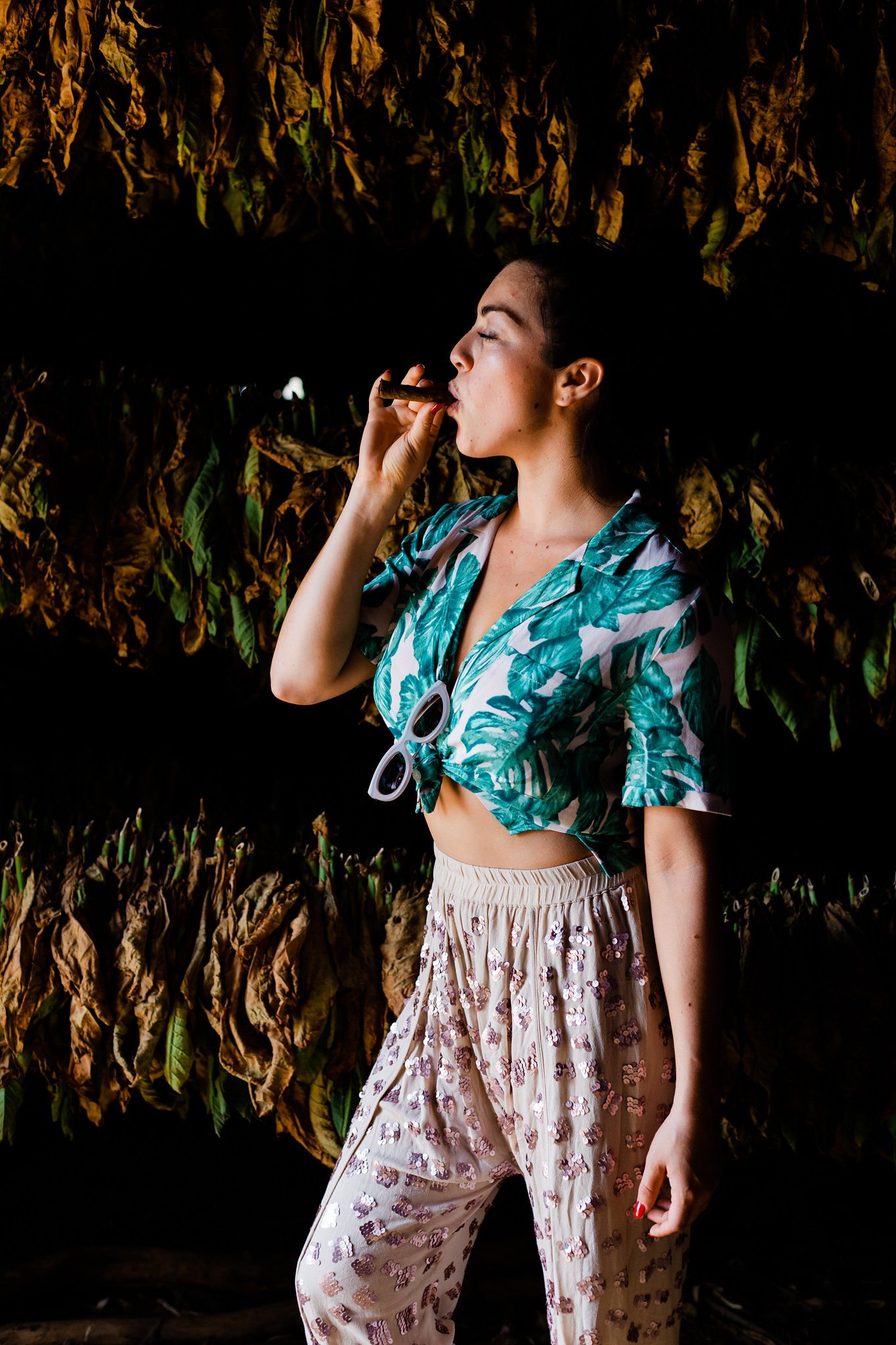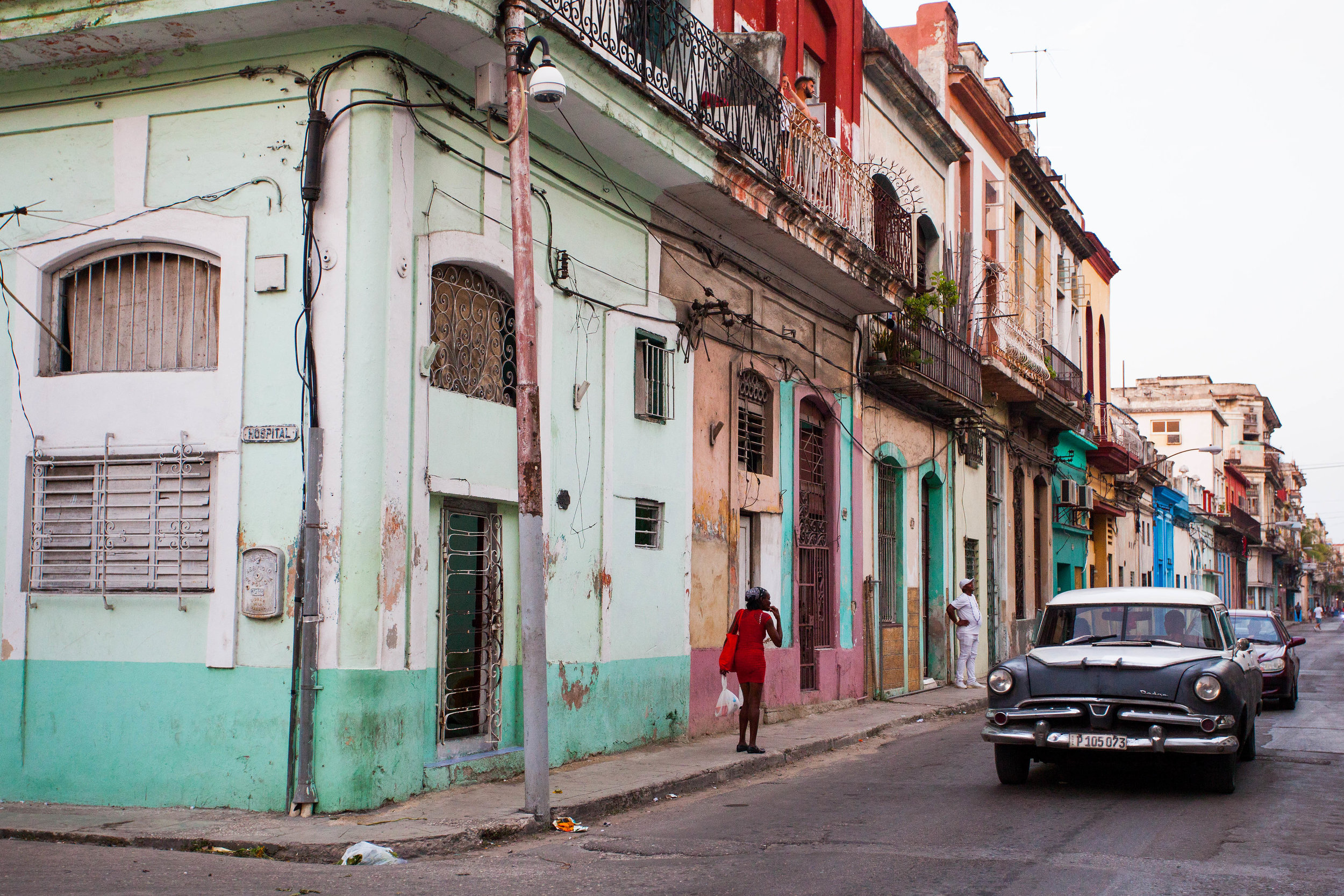Havana, the capital of Cuba, is a vibrant destination that offers a unique blend of history, culture, and natural beauty. From the diverse architecture to the lively music and dance scene, there is something for everyone in this iconic city. In this blog post, I’ll share with you the top 10 things to do in Havana, including cultural activities, culinary experiences, and outdoor adventures. Whether you're a first-time visitor or a seasoned traveler, there's always something new to discover in this enchanting city. So grab a mojito and let's dive into the best things to do in Havana!
1. Walking tour with a university professor or architect: Taking a walking tour with a university professor or architect can give you a unique perspective on the architecture and history of Havana. They can point out details and provide context that you might not notice on your own. You can book a private tour or sign up for a group tour through Fisheye Journeys.
2. Fabrica de Arte Cubana: Fabrica de Arte Cubana (FAC) is a must-visit spot in Havana for art and music lovers. It's a converted factory that now houses galleries, performance spaces, and a restaurant. The restaurant, Tierra, is known for its innovative cuisine and can get very busy, so it's a good idea to make a reservation in advance. The FAC is open Thursday through Sunday from 8 pm to 3 am. Pro-tip: if you make a reservation at Tierra, you won’t have to wait in line for the FAC.
3. Shop at a boutique: Shopping at independently owned boutiques not only supports local Cuban designers but also offers visitors a chance to bring home one-of-a-kind souvenirs and gifts.
Dador is a popular boutique in Havana that sells locally-made clothing, accessories, and home goods. It's a great place to find unique souvenirs and support independent Cuban designers. The store is located in Old Havana and is open daily from 10 am to 7 pm.
Clandestina is another popular boutique in Havana that specializes in graphic design and printed items. They offer a variety of products including t-shirts, tote bags, and posters, all with a unique Cuban twist. The store is located in Old Havana and is open daily from 10 am to 7 pm.
4. Classic car tour and the Havana Forest: Taking a classic car tour of Havana is a fun way to see the city and learn about its history. You can hire a driver and guide for a few hours or a whole day. One of the stops you can make is at the Havana Forest, which is a peaceful park on the outskirts of the city. It's a great place to relax and enjoy nature after the hustle and bustle of Old Havana.
5. Art gallery visits: Havana has a vibrant art scene, and there are many galleries throughout the city that showcase Cuban artists. Some of my favorite galleries include Studio Molina, Taller del Sol (Choco), and Ona Galeria. You might even be lucky enough to meet a local artist and learn about their work.
6. Beach day: Cuba has some beautiful beaches, and one of the closest to Havana is Playa Santa Maria. It's a white sand beach with turquoise water and is about a 30-minute drive from Old Havana. You can rent lounge chairs and umbrellas and spend the day relaxing in the sun.
7. Eat at a Paladar: Paladares are independently owned restaurants in Cuba that are traditionally run out of people's homes. Recently, Havana’s restaurant scene has seen a boom in independently owned restaurants. These aren’t the typical paladares; these restaurants are headed by chef’s bringing innovative cuisine to the table. They bring a mix of international flavors and infuse it with traditional Cuban dishes. My favorite restaurants in Havana include Jama, El del Frente, and 5 Sentidos.
8. Take a cooking class: Taking a cooking class is a great way to learn about Cuban cuisine and culture. Beyond Roots offers hands-on cooking classes with a focus on the influence of Afro-Cuban religions on traditional Cuban dishes. You will learn to prepare authentic dishes in a local home in Guanabacoa.
9. Day trip to Viñales: Viñales is a small town about a two-hour drive from Havana that's known for its beautiful scenery and tobacco farms. You can take a guided tour of the farms and learn about the process of making cigars. The town itself is also charming, with colorful houses and a relaxed vibe.
10. Dance classes: Cuban music and dance are world-renowned, and taking a dance class is a great way to immerse yourself in the culture. I recommend taking classes with Salsa Estilo Cuba. They also offer classes in rumba, son, and Afro Cuban dance. It’s a great way to learn new dance moves and an interactive way to experience Cuban culture and music firsthand.


